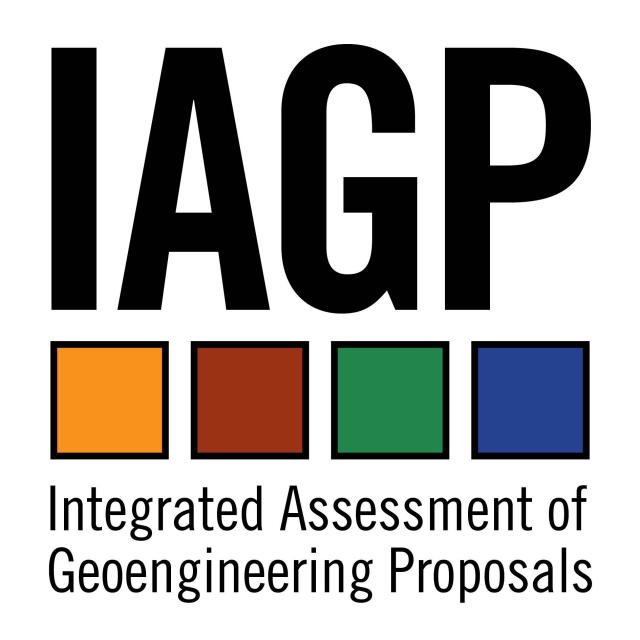You are here
How effective is marine cloud brightening in reducing solar radiation?
New IAGP paper published in Atmospheric Chemistry and Physics
The effects of timing and rate of marine cloud brightening aerosol injection on albedo changes during the diurnal cycle of marine stratocumulus clouds
Certain geoengineering schemes have been proposed to decrease the amount of solar radiation reaching the Earth’s surface, creating a cooling effect that could potentially ameliorate future greenhouse gas driven warming. One such scheme, known as marine-cloud brightening, aims to brighten low cloud, generating a negative radiative forcing from the cloud albedo increase.
Soot's impact on climate change underestimated
A landmark study, published in the Journal of Geophysical Research Atmospheres, states that the direct warming effect of soot, also known as black carbon, could be about twice that of previous estimates.
IAGP Principal Investigator Piers Forster, a co-leader in the four-year study, commented, “there are exciting opportunities to cool the climate by cutting soot emissions.... if we did everything we could to reduce these emissions, we could buy ourselves up to half a degree less warming—or a couple of decades of respite”.
Piers Forster comments on "leaked" IPCC report
The BBC and the Guardian quote IAGP's Prinicipal Investigator Piers Forster's reaction to the leaked IPCC report.
New IAGP publication in Nature Climate Change
Climate–society feedbacks and the avoidance of dangerous climate change
A new paper from the IAGP Lancaster team, Andrew Jarvis and David Leedal, considers how climate-society feedback might avoid dangerous levels of climate change.
IAGP article is first to review geoengineering appraisals
Rob Bellamy, Jason Chilvers, Naomi Vaughan and Tim Lenton have a new paper published in WIREs Climate Change. The article is the first to review appraisals of deliberate large-scale interventions in the Earth's climate system designed to moderate anthropogenic climate change.
IAGP researcher responds to 100 tonnes of iron sulphate dumped into Pacific Ocean
Profitable climate fixes are too tempting for rogue geoengineers to resist
In his latest Guardian article IAGP researcher, Adam Corner, responds to the recent dumping of iron sulphate into the Pacific Ocean off the west coast of Canada by an American businessman, "It was only a matter of time before somebody broke the fragile social and political consensus surrounding geoengineering had a first crack at 'experiment Earth'."
IAGP links with European climate engineering research - EU TRACE
European Trans-disciplinary Assessment of Climate Engineering (EU TRACE)
Nem Vaughan, UEA and Jim Haywood, Exeter are part of a new European project (EU TRACE) on assessing climate engineering, another name for geoengineering. This new project seeks to draw together European expertise on the physical and social science issues surrounding geoengineering and include dialogue with European publics and stakeholders.
IPCC experts discuss geoengineering - Meeting report now available
The report from the latest IPCC Working Group meeting is now available.
IAGP team engages with the public on the subject of geoengineering
The reason that IAGP is an ‘integrated’ assessment of geoengineering proposals is that it includes many different inputs, and one of the key components of the IAGP programme is public engagement. Throughout the spring of 2012 IAGP held a series of ‘deliberative workshops’ with members of the public in four different locations around the UK.
Read more



